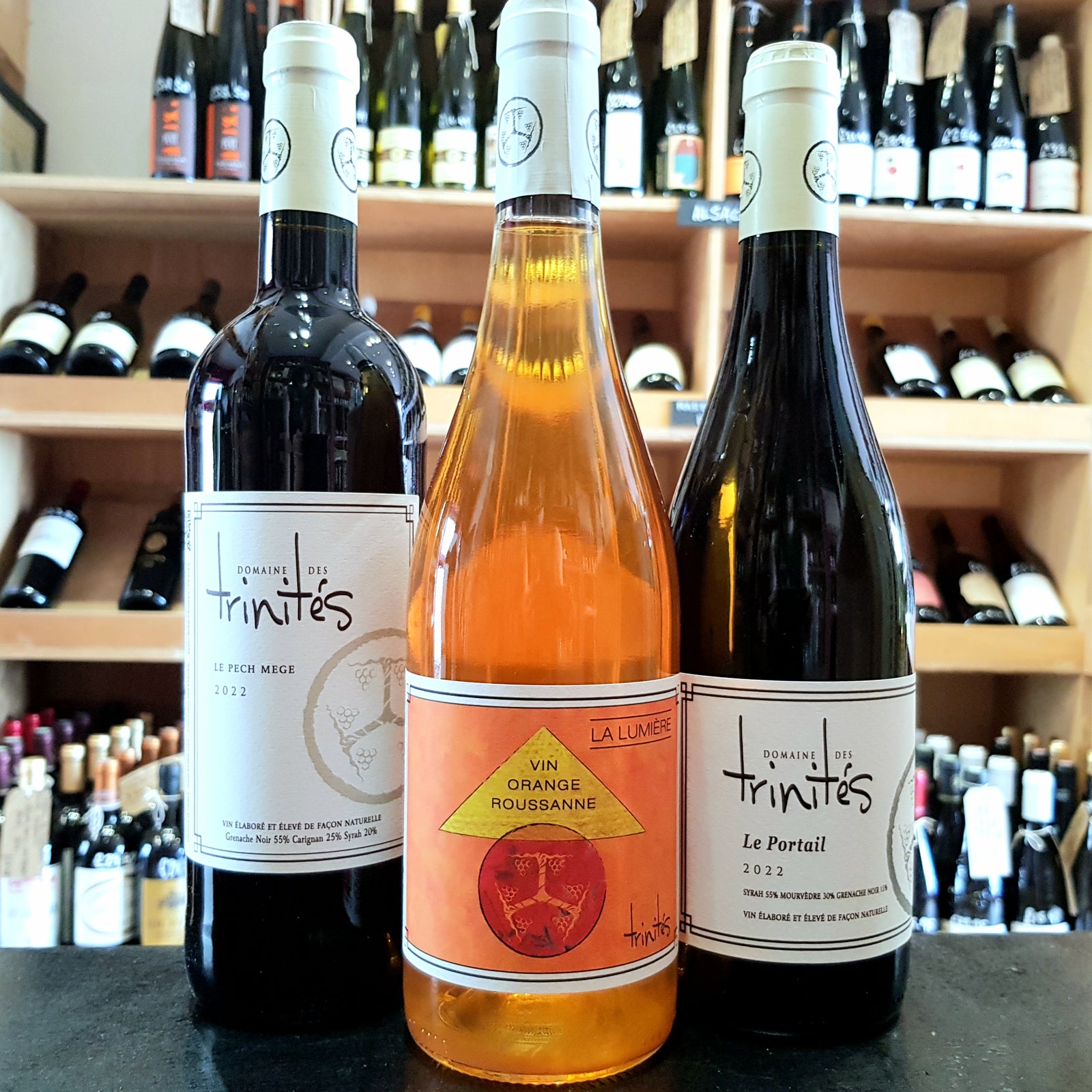
In the foothills of the Cevennes, on the schist soils of Faugeres and Pezenas, is the 24 hectare estate of Domaine des Trinites. Englishman Simon Coulshaw knew he wanted to farm his own grapes and make his own wine, and realised that working as an assistant winemaker for other people wasn't going to help him achieve his dream. So he switched careers and worked in corporate IT, saving money until he could afford a vineyard of his own, looking for old vines planted in the right kinds of soils. When they found Domaine des Trinites he knew it was the perfect place to make the wines he wanted to make. While the labels don't shout about it, Simon's wines certainly meet the criteria of natural wine: all of his farming is done organically, with influence from biodynamics (he isn't certified as that can be very expensive for small producers.) In the cellar the wines are made using only spontaneous fermentation, no additions of enzymes, acid or tannin, minimal or zero sulphites and no fining or filtration.
Alongside his excellent terroir, one of the hallmarks of Simon's wines are his use of long, slow fermentations at cool temperatures. Slow fermentation leads to a greater degree of complexity in the wine whilst retaining delicious pure fruit, and the low temperatures protect the wine from spoilage, helping him to avoid adding sulphites during the winemaking process.
The resulting wines are exceptional, authentic expressions of the unique terroir of this little corner of the Languedoc, without makeup but clean and pure in style.

Simon's largest production is also his most classic, from his Faugeres vineyards. A blend of majority Syrah (55%) with 30% Mourvedre and 15% Grenache, it displays the deep and alluring character of wines from this region. Aromas ranging from black olive and rosemary to fresh blackberries and plums evoke the warmth of the Languedoc vineyards with a hint of smoky minerality adding to the complexity. The palate is ripe, fruit-forward and very moreish without being overbearing or heavy, the tannins are managed superbly and a wonderful seam of acidity in the finish keeps it feeling deliciously fresh. This is going to be a go-to for us when pairing with grilled or roasted meats and, come autumn, dishes rich in mushrooms.
Le Pech Mege Pezenas-Languedoc 2022

Coming from a single site in the Pezenas appellation on golden schiste, Le Pech Mege is led by Grenache (55%) with 25% Carignan and 20% Syrah in support. It walks the perfect tightrope of bright, ripe fruits with savoury and herbal complexity to give a wine of exceptional quality. Red plum and mulberry, thyme and lavender, hot stone and tar all come together on the nose in a deeply enticing manner. 2022 was a warm vintage according to Simon, and that has resulted in a wine of a generous roundness and soft, velvety tannin that delivers wave after wave of umami-tinged fruit. We think its delicious on its own, or pairs extremely well with ratatouille or cassoulet.
La Lumiere Vin Orange Roussanne 2022

Selected from a parcel of his highest altitude (around 350m) on a north-facing slope in Faugeres, the Roussanne grapes for this orange wine spend 21 days macerating on the skins to give its deep colour and wonderful character. Aromatically it has an array of citrus fruits, Seville orange and mandarin especially, with a hint of papaya. There is also an earthy spiciness, redolent of turmeric and cardamom delivering additional complexity.
I asked Simon about how he came to make an orange wine and how he found the process compared to his other wines: he had visited a friend, a fellow winemaker, near Parma in 2012 and tasted a number of orange wines then (the Italians were well ahead of the trend with this style). He felt his Roussanne would be really suited to the style so made a first attempt in 2013, in his words it was a 'cautious' light orange - it got 6 days maceration before fermentation and was apparently rather nice but he felt there was room for improvement. Simon has increased the time on skins substantially to the 21 days used for the 2022 and the wine is showing beautifully for it!



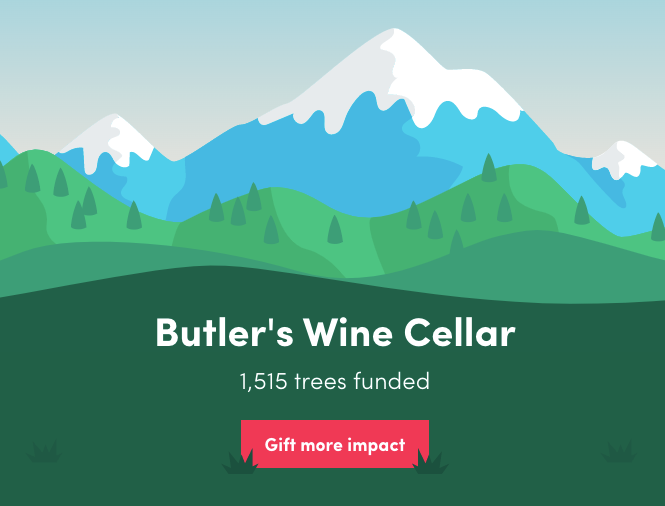


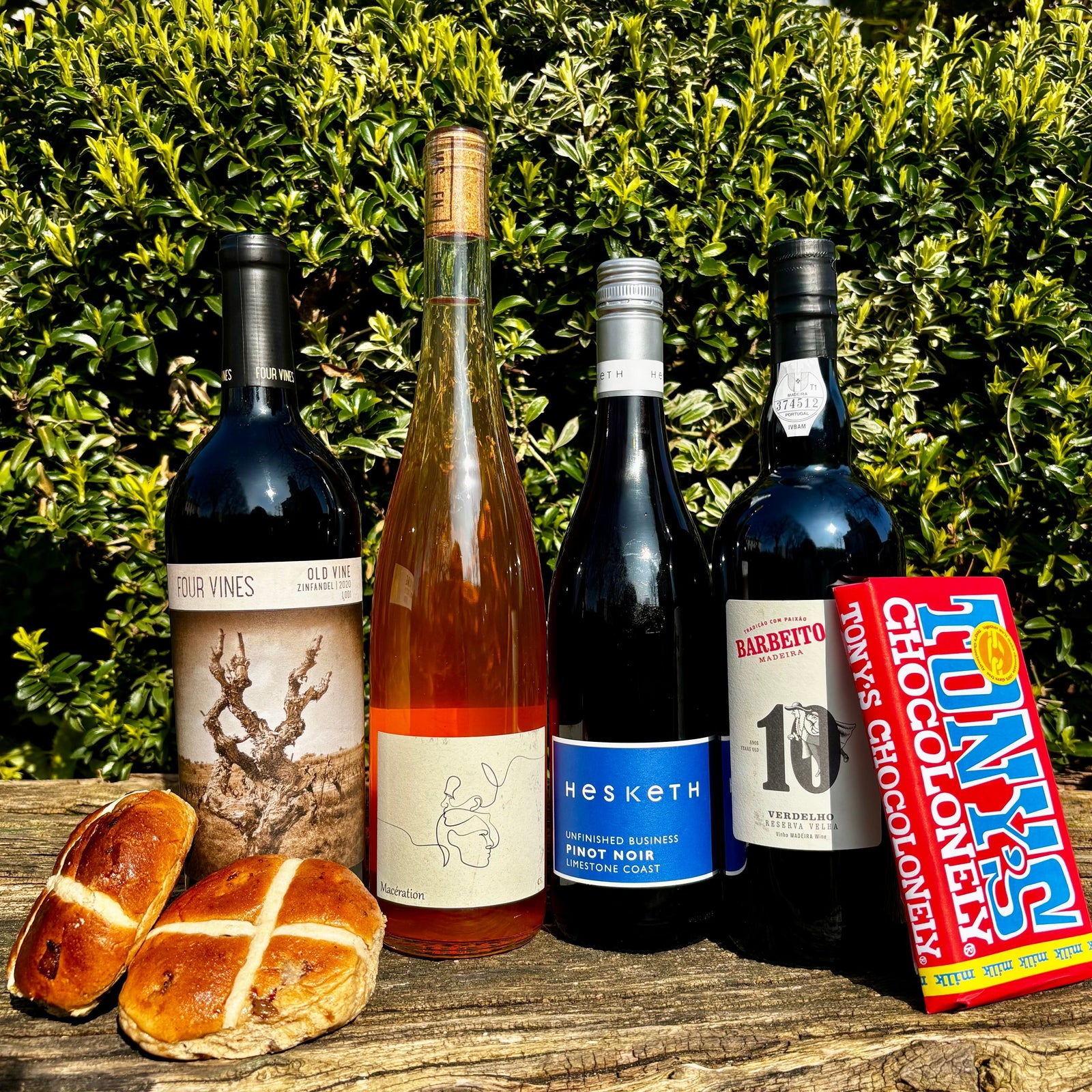
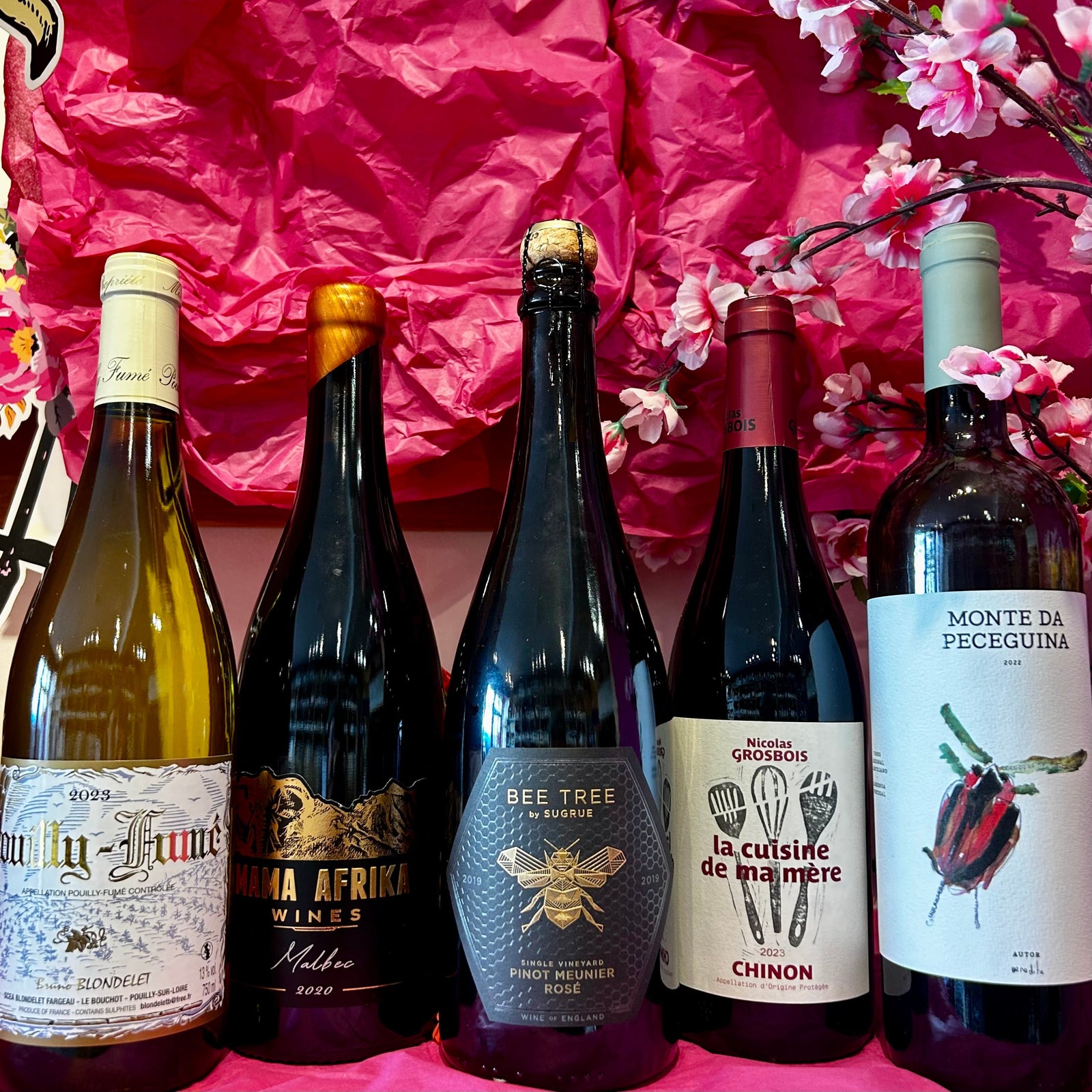
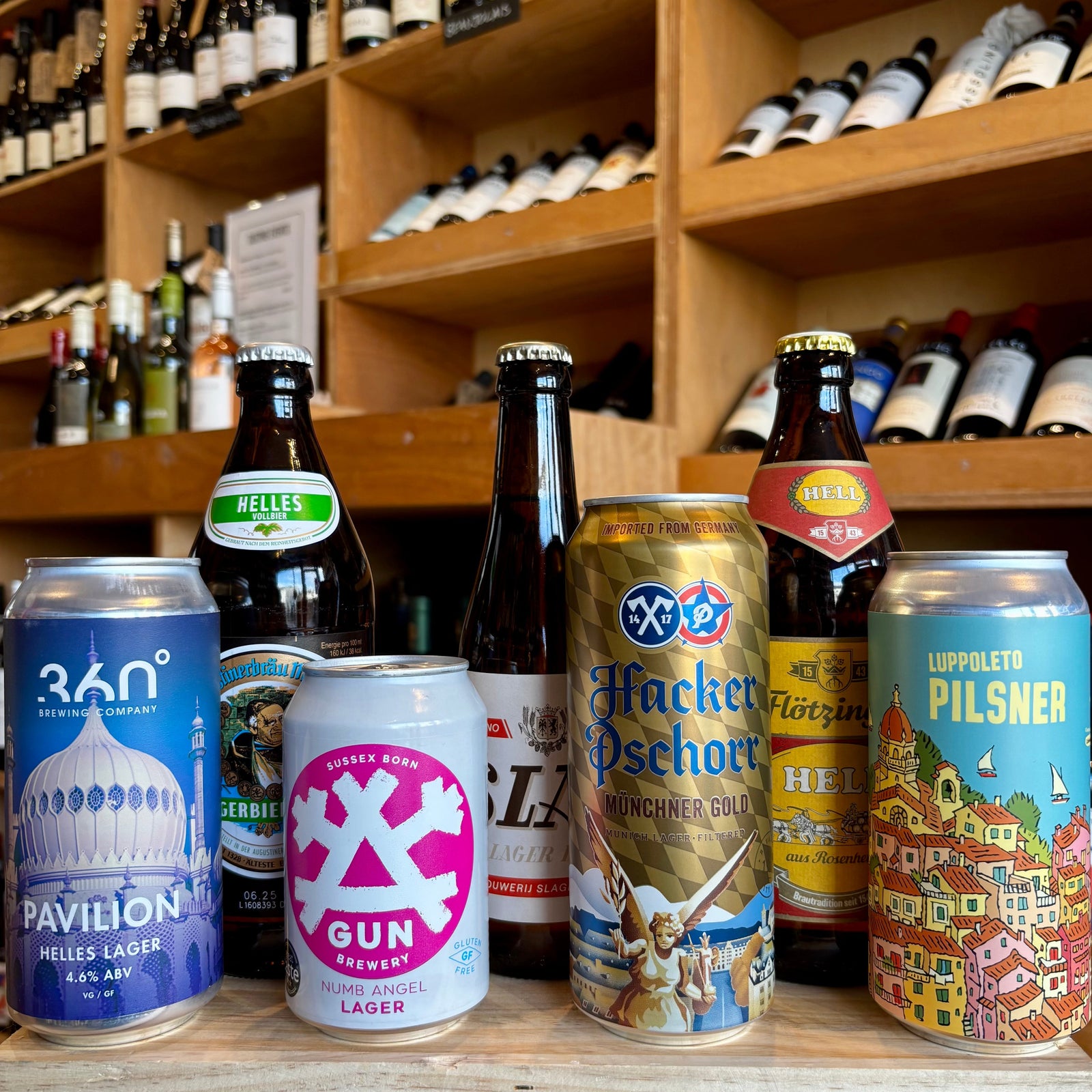
Leave a comment (all fields required)